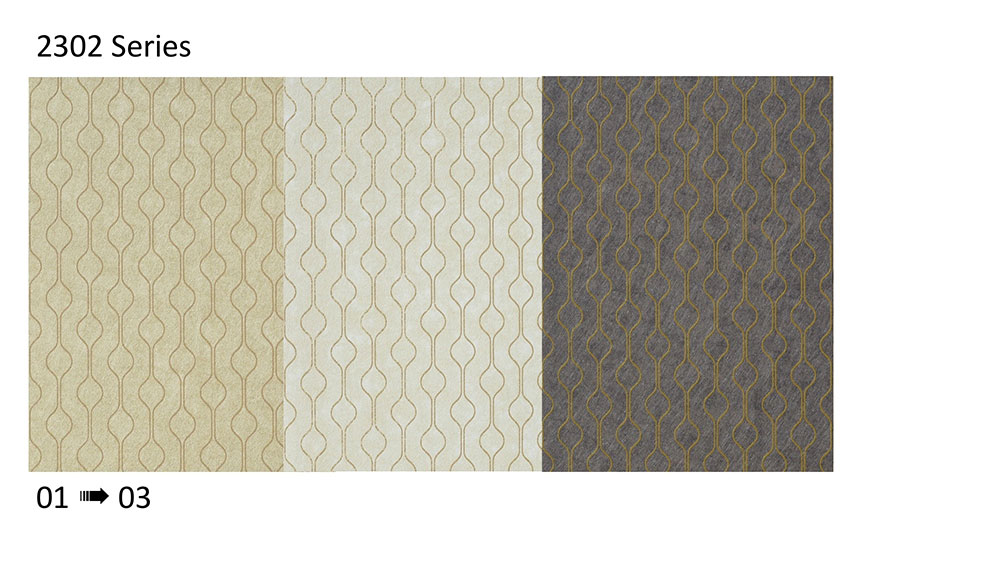By Emma Roth , a news writer who covers the streaming wars, consumer tech, crypto, social media, and much more. Previously, she was a writer and editor at MUO.
Meta’s throwing more money into the metaverse with its acquisition of Luxexcel, a Netherlands-based company that specializes in 3D-printing prescription lenses for smart glasses. The news was first reported by Dutch outlet De Tijd (via TechCrunch), but Meta has since confirmed to The Verge that it purchased the company. Polka Dot Wrapping Paper

“We’re excited that the Luxexcel team has joined Meta, deepening the existing partnership between the two companies,” Meta says in a statement provided by Ryan Moore, the company’s head of financial communications. While the terms of the deal are unknown, Meta CTO and Reality Labs head, Andrew Bosworth, revealed in a blog post earlier this month that the company’s pouring “about half” of the metaverse-focused division’s operating expenses into augmented reality (AR), while the other half’s going to building virtual reality products (VR) as it continues to bleed billions.
Luxexcel, which was founded in 2009, says it can integrate the elements needed to create an augmented reality experience within a prescription lens, such as holographic film and projectors. In 2021, it partnered with WaveOptics, the company that provides the displays for Snap’s Spectacles, to create a lens outfitted with waveguides, or the transparent display technology needed to superimpose virtual objects on a user’s real-life environment.
Even as Meta works toward building its first pair of AR glasses, we may not see a finished product for some time. Bosworth says Meta’s AR glasses will “require years of progress” as it attempts to make the device “slimmer, lighter, faster, and more powerful.” In June, The Verge’s Alex Heath reported that the first version of Meta’s AR glasses will only be available to developers — just like Snap’s Spectacles — while two later pairs could become available to consumers over the course of several years.
But Meta’s inching closer to its goal, as it added color video passthrough to its pricey new Quest Pro headset. It also partnered with Ray-Ban in 2021 to launch the Ray-Ban Stories, a pair of smart glasses outfitted with cameras, speakers, and microphones. The lenses don’t come with built-in displays, but maybe that’s something this new acquisition could help Meta achieve down the road.
/ Sign up for Verge Deals to get deals on products we've tested sent to your inbox daily.
The Verge is a vox media network

Thermal Laminating Paper © 2023 Vox Media, LLC. All Rights Reserved